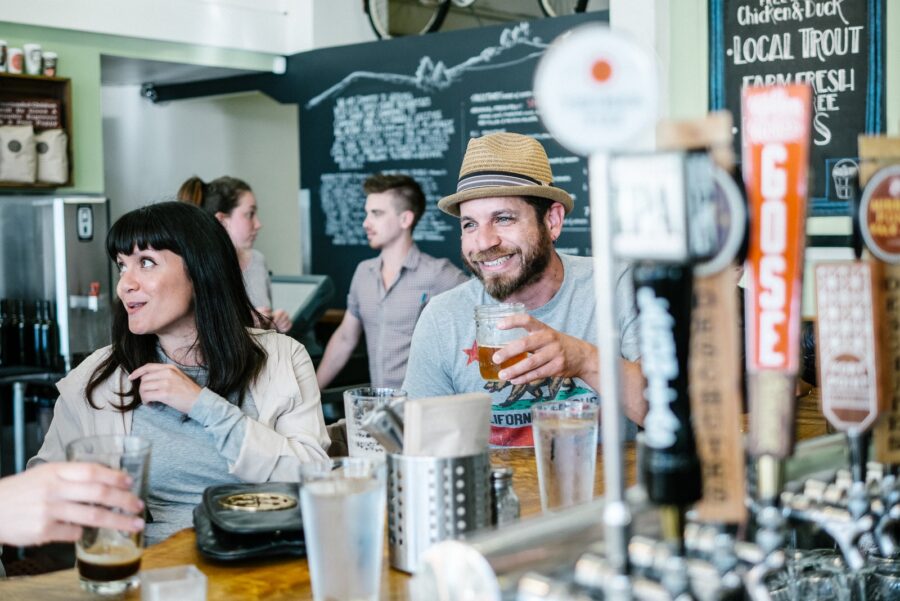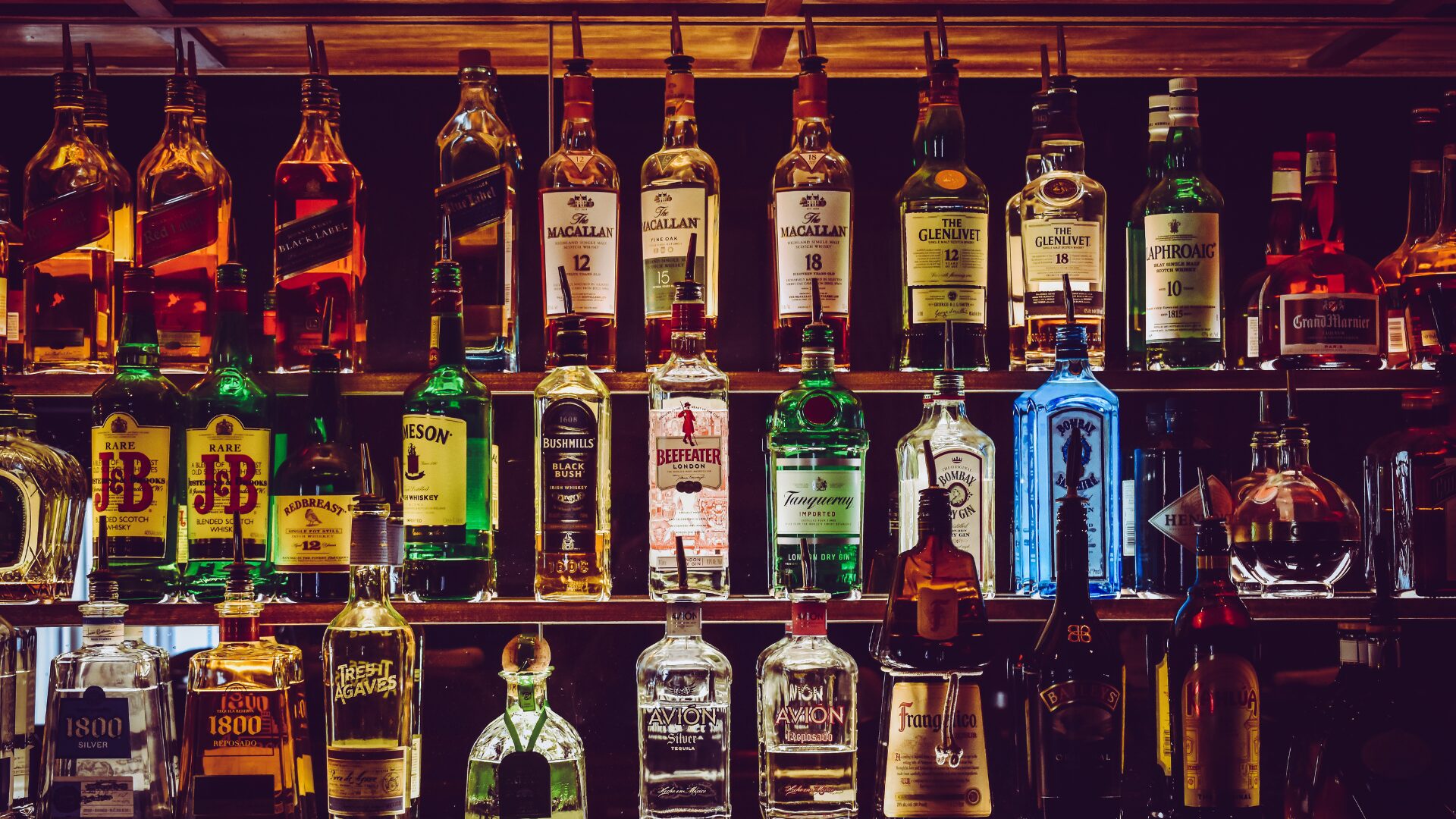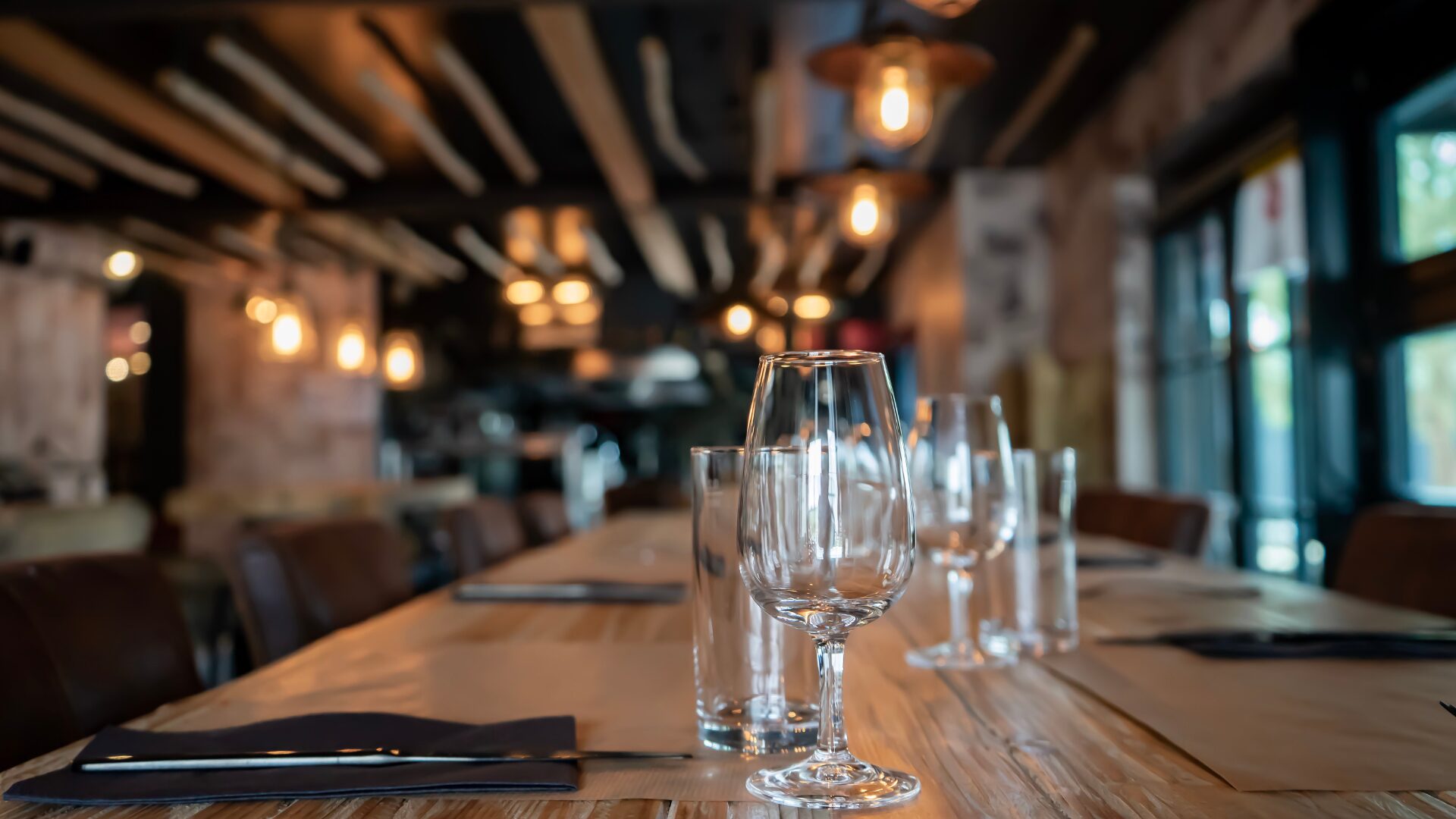The state of Michigan is trying a rather creative measure amid the lingering labor shortage:
In response to restaurant staffing shortages, the state will allow customers to serve their own beer, wine and mixed drinks at liquor-licensed establishments.
A new law signed by Gov. Gretchen Whitmer permits restaurants to install taps for customers to draw their own alcoholic beverages, one serving at a time. Straight spirits still need to be poured by a bartender, but customers can serve themselves 16 ounces of beer, 12 ounces of wine or 12 ounces of a mixed drink each round.
The number of trips customers make to the tap will be monitored by restaurant staff.
Daniel Levine, trends expert at The Avant-Guide Institute, told The Food Institute that “the value of self-service alcohol is clear: reducing friction between patrons and their drinks.”
HOW THE TAPS WORK
To utilize the taps, patrons must first acquire an electronic key card from an employee who verifies their age and level of intoxication. The key card allows customers to pour up to 36 ounces before it must be revalidated by a staff member.
Guests drinking in a group can serve themselves up to 96 ounces of alcoholic beverage each trip.
The law requires that the key remain in the customer’s possession for the duration of their visit, tethered to them via a bracelet or lanyard. Any establishment with a permit to offer tasting portions of alcoholic beverages, such as a winery, is also covered under the law.
THE TAPS’ INTENT
Self-service alcohol taps are intended to revitalize local restaurants as the COVID pandemic lingers and alleviate staffing challenges, according to sponsors of the legislation. And the concept is not entirely new—a number of states already allow beer or tap walls where customers can help themselves to a variety of alcoholic beverages.
These self-service stations that emerged pre-pandemic as a way to sell alcohol more efficiently are now being seen as a viable solution to the staff retention issues of today. However, it remains unclear what impact this legislation will have on the restaurant industry at large.
Levine, for his part, doesn’t foresee the new law revolutionizing the industry anytime soon.
“It’s a niche offering and a fun novelty,” he says.












